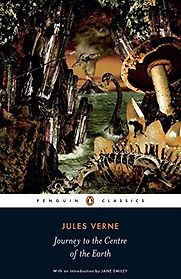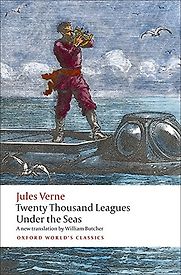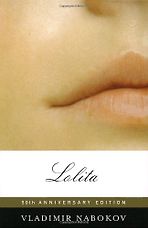Recommendations from our site
“The book has just enough science that it seems real. If you read it as a kid and re-read it as a geologist, you think there are some very interesting things in there. He plays around with certain facts. He comes up with a very interesting theory to explain that it doesn’t get hot as you go deeper underground (which was in vogue at the time), but the book imagines the preservation of prehistoric life in the subsurface and that’s something we’re still looking at. Many of the organisms that we find down there today look to be, from an evolutionary point of view, extremely primitive. The conditions we find them in are very much what the surface of the Earth used to look like, three billion years ago. There is no oxygen and three billion years ago there was very little oxygen on the surface of our planet.” Read more...
The best books on Life Below the Surface of the Earth
Tullis Onstott, Environmentalist
“I think we all read that as children and I was most particularly excited by it a couple of years ago when I was in Western Iceland researching a big book on the Atlantic Ocean. I wanted to climb up the side of Snaefellsnes and look into what was, of course, the entry point for Verne’s explorers in Journey to the Centre of the Earth. So I did and I looked in and felt duly stimulated.The book is a fantastic piece of science fiction – it’s basically about explorers who want to know what’s inside the earth and they go in via Snaefellsnes in Iceland and they find lakes and crystal caves and wonderful things and then, eventually, they are blown out back into Iceland by an enormous eruption. When it was written, in the mid-19th century, there was this debate between two groups of scientists arguing about the origins of the earth. The Neptunists believed that all rocks came about from the precipitation of sea water. The Plutonists believed that all rocks had been belched out from the middle of the earth. Jules Verne knew about this debate, of course, and rather sided with the Plutonists. So modern-day geologists can read it to see how fanciful and stupid people’s ideas about the earth were. Jules Verne got it completely wrong. It’s fun but foolish.” Read more...
Simon Winchester, Journalist








